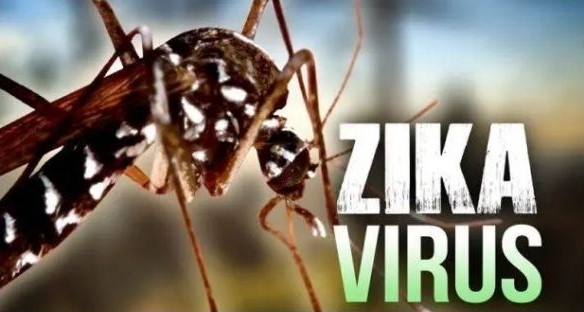Don't have an account?
Login to EaseMyDeal

2023-08-24
81
As Mumbai reports its first case of Zika Virus, it's essential to understand the nature of this infectious disease. From its causes and symptoms to treatment options, gaining comprehensive knowledge about Zika Virus is crucial for public awareness and prevention.
Zika Virus in Mumbai: India's bustling financial capital, Mumbai, recently encountered its inaugural case of Zika Virus. The patient, a 79-year-old resident of M-West ward encompassing areas around Chembur, exhibited symptoms including fever, nasal congestion, and cough from July 19. Thankfully, the patient has recovered and been discharged since. Contact tracing has not identified any additional positive cases, as reported by various media outlets.
Transmittable via Aedes Mosquitoes: Zika Virus is primarily transmitted through Aedes mosquitoes, known for their daytime biting tendencies. The virus was initially discovered in a Rhesus macaque monkey in Uganda back in 1947, and subsequently, evidence of infection in humans emerged in various African countries during the 1950s.
Link to Guillain-Barré Syndrome: Interestingly, recent outbreaks have revealed a correlation between Zika Virus infection and an increased occurrence of Guillain-Barré syndrome – a neurological disorder. This observation underscores the complexity and potential severity of the virus.
Symptoms of Zika Virus: The symptoms of Zika Virus encompass a range of discomforts, including:
Timeline and Diagnosis: Symptoms generally surface within 3 to 14 days after infection and last for about 2 to 7 days. However, it's crucial to note that most people infected with Zika Virus may not develop any symptoms. Diagnosing Zika Virus infection requires laboratory confirmation due to the similarity of its symptoms with other diseases.
Treatment and Management: As of now, there's no specific treatment designed exclusively for Zika Virus infection or disease. The World Health Organization (WHO) recommends rest, hydration, and the use of antipyretics and analgesics to manage symptoms like rash, fever, and joint pain.
Preventing Zika Virus: Given the absence of a vaccine or cure, prevention is key. Individuals should prioritize protection against mosquito bites, especially during daylight hours. Eliminating potential mosquito breeding grounds by reducing standing water and employing mosquito repellents are effective preventive measures.
Conclusion: The emergence of Zika Virus in Mumbai underscores the need for proactive public awareness and effective preventive strategies. Understanding the virus's causes, symptoms, and methods of transmission equips individuals with the knowledge to safeguard their health and that of their community. As health authorities work to manage and contain the virus, public cooperation and awareness remain integral in curbing its spread.

Write A Comment